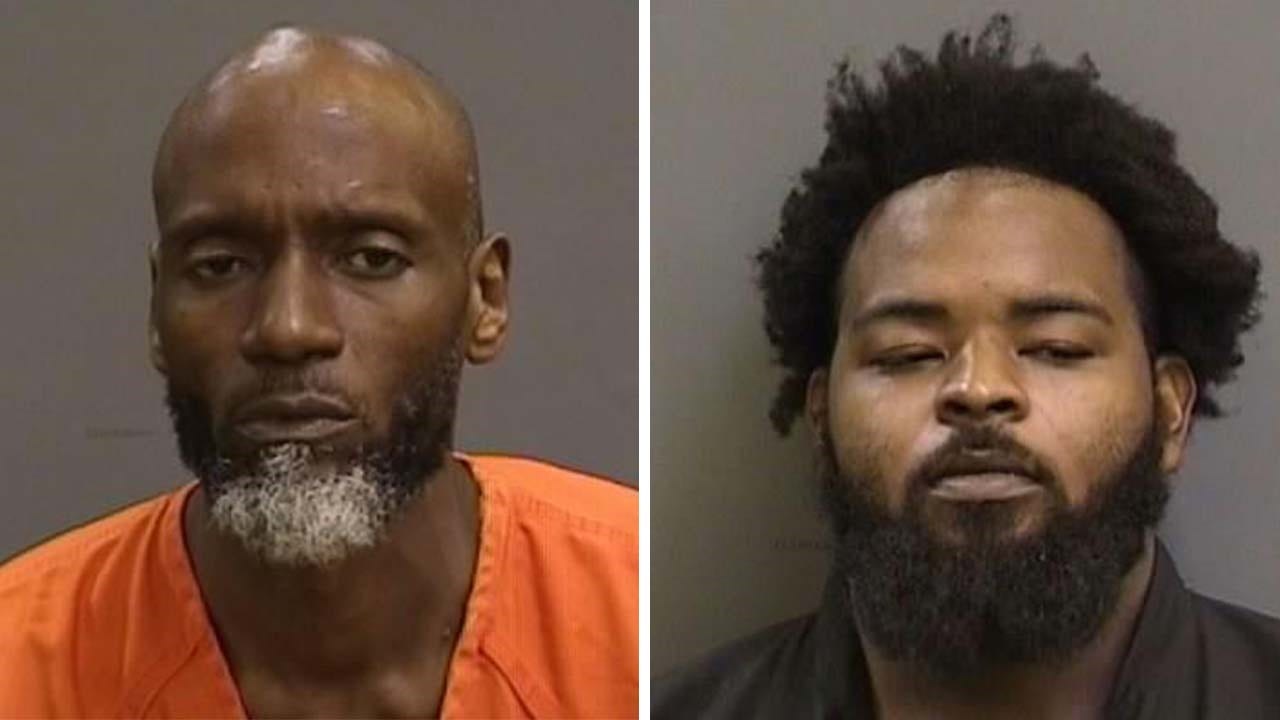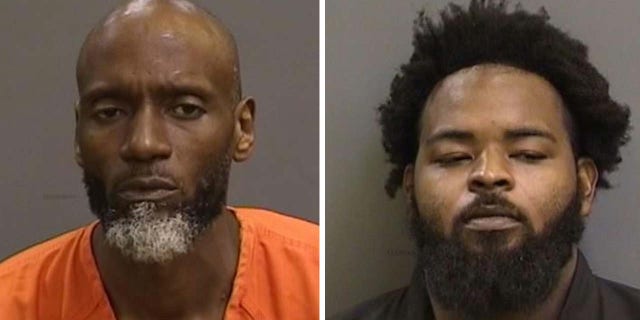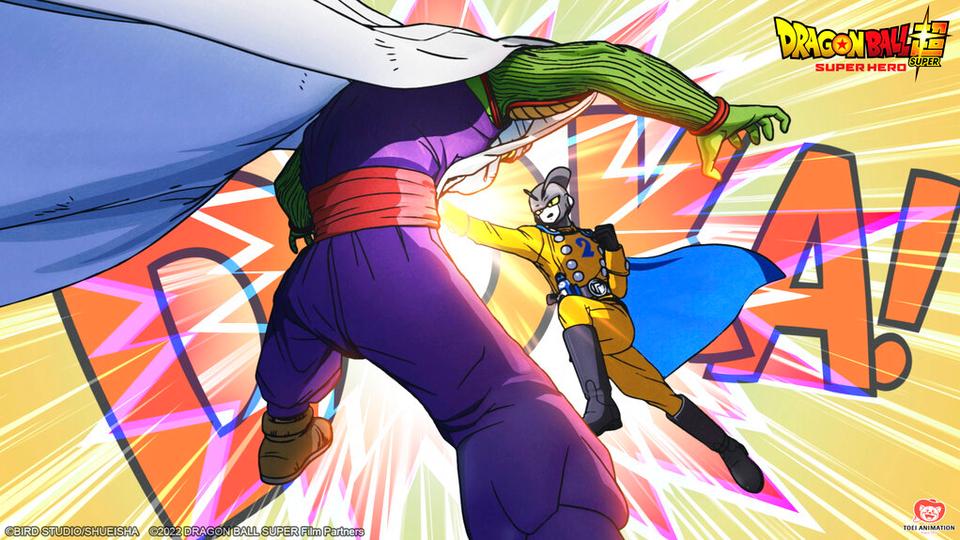
Florida police have nabbed two men in connection with a Bank of America robbery in Tampa Saturday morning.
The Hillsborough County Sheriff’s Office said a man entered a Bank of America in Tampa just before 10:20 a.m. on Saturday, August 20, 2022.

The sheriff’s office said the man jumped behind the teller’s counter and demanded money. He left with an undisclosed amount and fled in a waiting white Honda Accord, the sheriff’s office said. Investigators tracked down the vehicle to the Park on Waters Apartments at 2701 W Waters Ave. Deputies connected the vehicle to 48-year-old John Ward. Inside the vehicle, deputies found "large amounts of cash" that matched the money stolen from the bank. TEXAS WOMEN ACCUSED OF STEALING 460 GALLONS OF FUEL FROM 7-ELEVEN GAS STATION, POLICE SAY Deputies located another male who they said was running around wearing only his boxers and a white tank top. The rest of his clothes were later found at a nearby lake. The man – later identified as 28-year-old Terry Zukowski – admitted to driving the getaway vehicle in the bank robbery. The sheriff’s office said he also admitted to driving the getaway car in the robbery of a Suncoast Credit Union earlier this month. "Thanks to the hard work, great investigative skills, and quick response by deputies responding to the scene, the two suspects were located and charged," Sheriff Chad Chronister said in a statement. CLICK HERE TO GET THE FOX NEWS APP
Ward and Zukowski are both charged with robbery while wearing a mask.
Source
https://www.globalcourant.com/florida-men-arrested-in-bank-of-america-robbery-police-say/?feed_id=14024&_unique_id=6302ea10c586e




